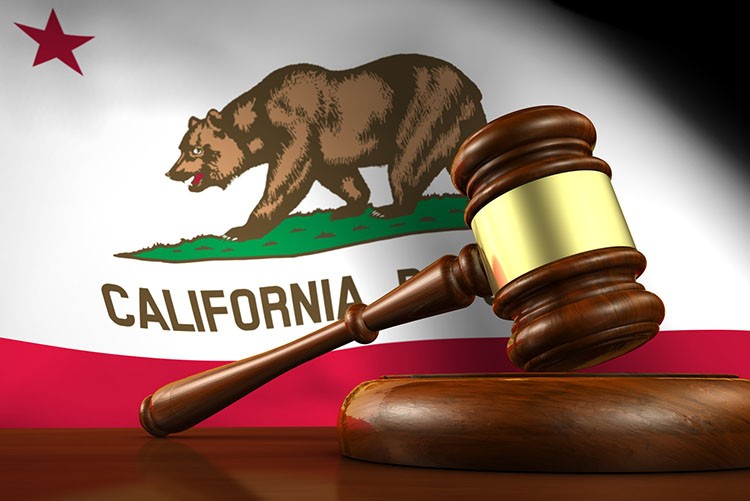RUFADAA for Digital Assets:
Law: AB-691 Revised Uniform Fiduciary Access to Digital Assets Act
Status: This was approved by the Governor and filed with the Secretary of State on September 24, 2016.
Description: This law authorizes a decedent’s personal representative or trustee to access and manage digital assets and electronic communications.
The Uniform Law Commission created the Revised Uniform Fiduciary Access to Digital Assets Act (RUFADAA) in 2015, which received widespread support.
In 2016, California passed the revised RUFADAA bill to smoothen the process for executors or attorneys to disclose the digital asset to its authorized recipients or fiduciaries under a legal framework, as directed by the user digital estate plan or will. This bill enables the user to manage digital assets along with the physical properties. It clearly specifies the authority of users in managing digital assets.
What makes RUFADAA different is that for the first time, property law recognizes the existence of digital property as a property right that can be managed, conserved and, in certain instances, accessed by third parties, in much the same manner as other rights in real and tangible personal property.
The most useful aspect of RUFADAA is that it gives clear instructions for how a person’s digital assets are to be treated should a fiduciary seek access, which may include not only executors after death, but trustees, court-appointed guardians, and attorneys-in-fact.
The starting point is that online service providers can create an “online tool” that functions as a form of “digital power of attorney” to specify who has control and access for that specific site.
RUFADAA provides a clear legal framework for digital asset rights to be specified in traditional legal documents (e.g., Wills and powers of attorney). RUFADAA further clarifies that it’s only in the absence of an online tool or any legal documents that finally the service provider’s own Terms of Service will take effect.
References:




